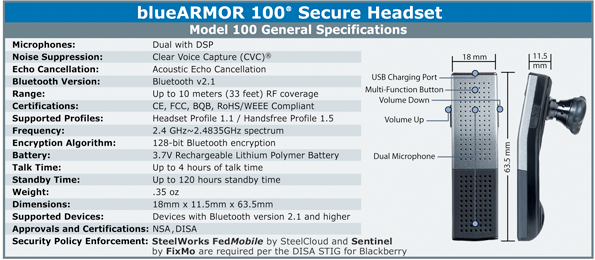 Last March one of the hottest issues involving privacy and security online was in regard to employers. One of the biggest stories was about a correctional officer in Maryland named Robert Collins who had been laid off from his job in 2010. Unlike many lay-offs Collins was actually asked to come back into work, however before he could do that there was one stipulation. Collins needed to give up, not just his Facebook user id, but his password as well.
Last March one of the hottest issues involving privacy and security online was in regard to employers. One of the biggest stories was about a correctional officer in Maryland named Robert Collins who had been laid off from his job in 2010. Unlike many lay-offs Collins was actually asked to come back into work, however before he could do that there was one stipulation. Collins needed to give up, not just his Facebook user id, but his password as well.
Collins had been out of work for a while and needed the money so he had no choice but to give up his Facebook login credentials.He said that the employer wanted to make sure he wasn’t into any “gang activity” (because gangs are planning their activities on Facebook and all).
The American Civil Liberties Union (ACLU) quickly got involved in Collins case and many others that were popping up across the country. Some employers were making Facebook and other social media credentials a stipulation of employment and others were making it a stipulation of continued employment.
Maryland lawmakers quickly rushed a piece of legislation that outlaws employers from seeking employee or prospective employee’s login credentials for any personal service.
Now California and Illinois have both jumped on the login protection bandwagon, and rightfully so. New laws in both states, that went into effect January 1st 2013, makes it illegal for employers to demand access to their workers protected Facebook accounts. The laws passed in both states protect employees privacy and passwords for many different social networks and not just Facebook.





